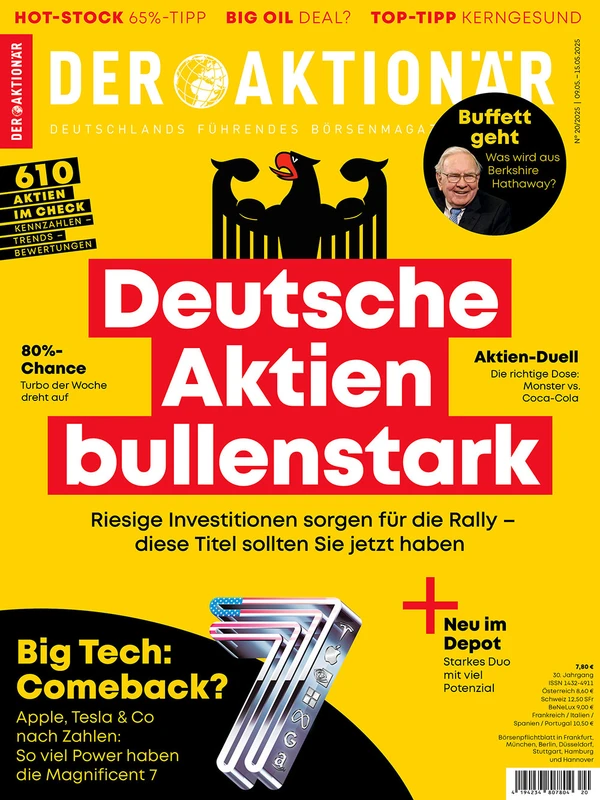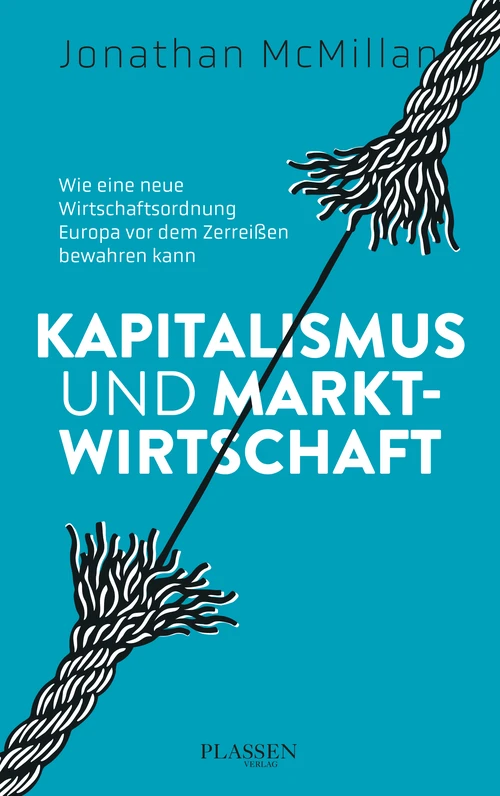Deutsche Bank: It always goes on

Relief on the markets: The US and China have agreed, for the time being, to significantly lower tariffs on mutual trade. The German stock market is also benefiting from this. While financial stocks aren't among the biggest winners, the signs are clearly positive here as well.
Starting May 14, next Wednesday, tariffs on US-Chinese trade are set to drop significantly again. A joint statement from the two countries reveals that they have agreed on a new arrangement that will remain in place for 90 days. The US will reduce its import tariffs from 145 percent to 30 percent. US imports into China will now be taxed at only 10 percent instead of 125 percent.
This means that a detente in the tariff dispute between the major powers is coming sooner than expected. According to Chinese sources, a mechanism for consultations on economic and trade issues is to be established. Vice Premier He Lifeng said this, according to Chinese state media.
The DAX is significantly higher this morning, and Deutsche Bank shares have also shifted into forward gear. Geopolitical uncertainty is toxic for financial stocks. The tariff issue also has the potential to permanently stifle economic growth in Germany and Europe. A preliminary agreement between the US and China fuels hopes that an agreement with the European Union will soon be reached.
For Deutsche Bank shares, today's announcement is enough to push the price to a new annual high in intraday trading. New highs for 2025 had already been reached in recent days. This was also supported by positive quarterly figures on April 29.
The bank is well positioned to benefit from rising infrastructure spending in Germany under the new administration. If market volatility remains high under President Trump, this should help the investment banking division. The asset management arm also recently enjoyed increased business with DWS Group.
The chart speaks volumes, with several consecutive annual highs. The valuation, based on a P/E ratio of 9 for the current year, is at the upper end of its peer group. Dividends are expected to continue rising in the foreseeable future, which also speaks in favor of the stock. Investors continue to buy.
In this groundbreaking book, Jonathan McMillan offers a new perspective on our economic system. He shows that capitalism and a market economy are not the same thing, revealing a fundamental flaw in our financial architecture. This has tangible consequences – especially for Europe.
McMillan places the Eurozone's problems in a broader historical context and develops a radical yet well-thought-out reform proposal. It becomes clear that anyone who wants to preserve a free and democratic society in the 21st century cannot avoid a new economic order.
deraktionaer.de







